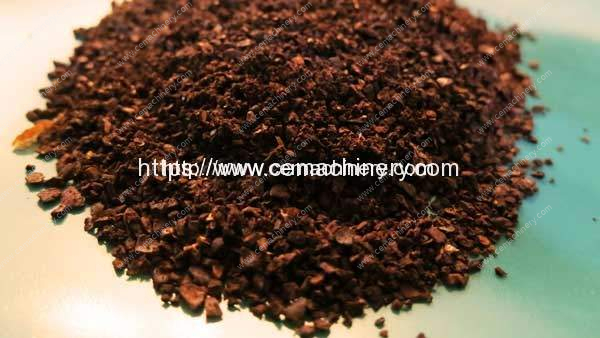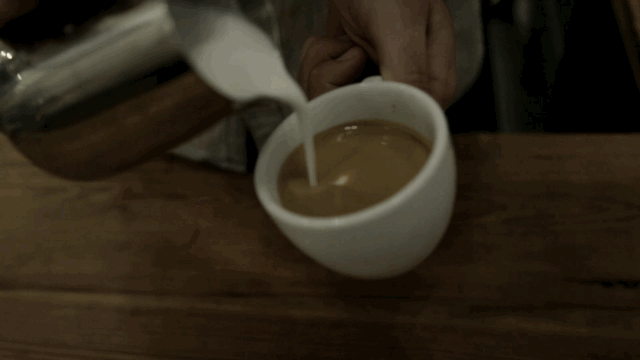Turning Waste Coffee Grounds Into A Different Kind Of Fuel

How your caffeine fix could also power your commute–if a startup called Bio-bean has its way.
When people talk about waste at a coffee shop, they tend to fixate on
the massive pile of disposable cups that ends up in landfills. But the
average coffee shop also throws out around 22 pounds of coffee grounds a
day; in a city like London, that adds up to around 200,000 tons a year.
Now, a new startup plans to start turning that waste into fuel for cars
and energy to heat local homes.
Bio-bean, which was founded in London by an architecture student and supported by the Founder.org accelerator program,
claims to be the first company to industrialize coffee-waste recycling.
“At first mention of recycling coffee grounds, people typically think
of collecting a bag of coffee grounds from local shops,” says Arthur Kay,
CEO and co-founder of Bio-bean. “The Bio-bean process is much more
sophisticated; we focus on wholesale instant coffee manufacturers and
coffee-waste aggregators.”

After it collects that waste, the company is planning to bring it to a large local processing plant, where machines would dry the grounds, extract the oil, and turn the rest into biomass pellets that can be used in heaters. The oil will be used as biofuel for cars and trucks.
Unlike so-called biofuels like corn ethanol that are made from crops–and criticized for taking land away from food production–the
waste coffee biofuel is considered an “advanced,” or carbon-neutral
biofuel. Bio-bean already has customers eager to buy the product, it
says.
“The U.K. biofuel market is rapidly expanding due to a combination of
high prices conventional fuel supplies and increased consumer
awareness,” Kay explains. “This market increase, combined with the low
cost and sustainability benefits of our biofuels, means our biofuels are
in high demand.”
They’re also cheaper than other alternatives, in part because of the
fact that they’re using something that would otherwise be thrown
away–coffee shops currently have to pay to have the grounds trucked to
landfills, incinerators, or anaerobic digestion plants.
The company is aiming for a fully closed-loop model, eventually
bringing power directly back to the coffee shops that supply it.
“Bio-bean is aligned closely with the concept of the circular economy,”
Kay says. “We view waste more as a valuable resource, simply in the
wrong place.”
After continuing to develop the system in London, where it’s
currently operating at a small scale, the startup hopes to expand
internationally.


